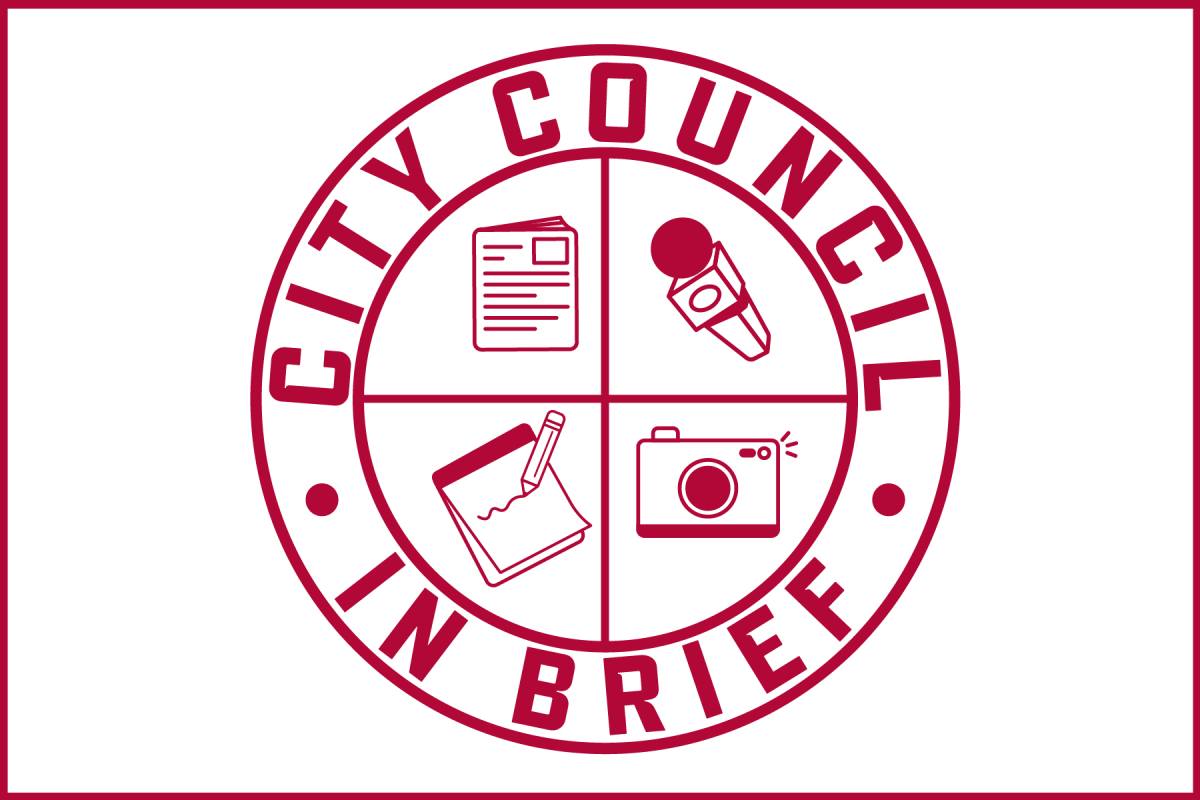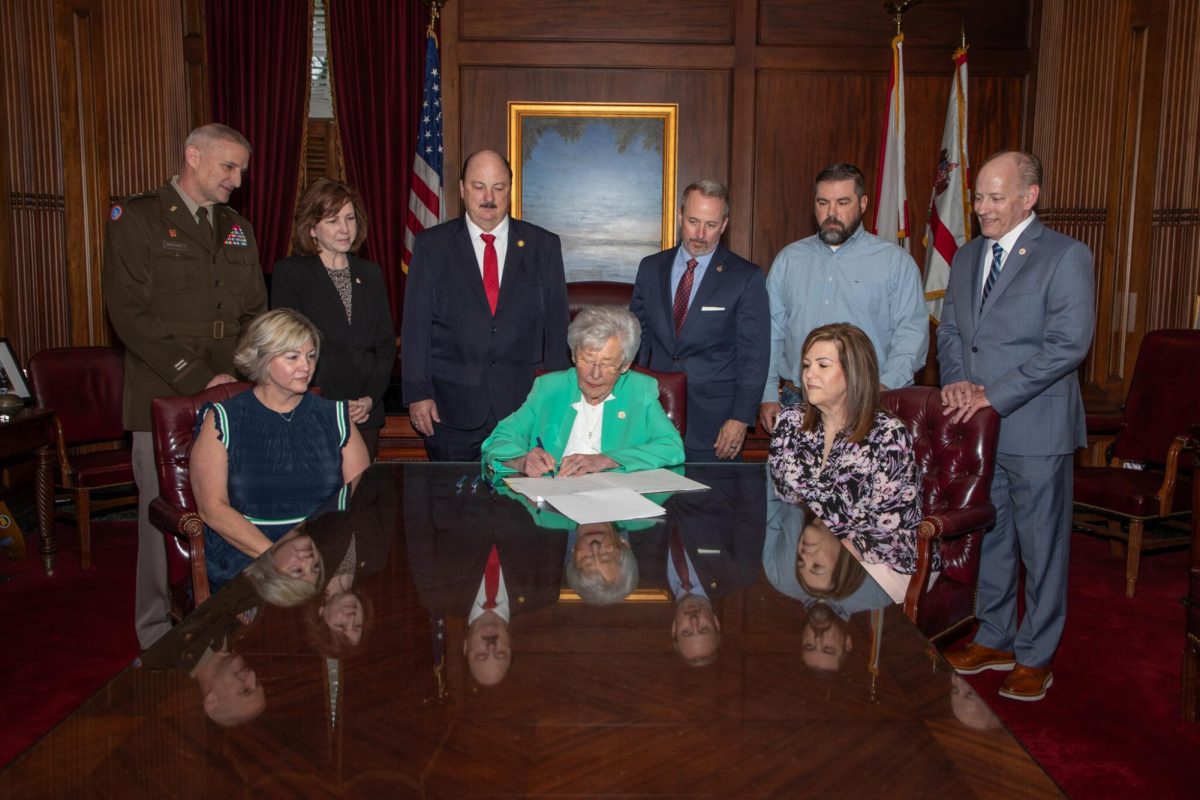Stephanie Ballard, a recent University of Alabama graduate, gets to work in the industry she loves and gets to stay on her parent’s insurance plan because of the Affordable Care Act. As an outdoor guide, Ballard’s job allows her to lead excursions in western North Carolina that range from rock climbing to camping.
While Ballard couldn’t imagine working anywhere else, she says it would be hard to work as an outdoor guide without health insurance.
“While we are as safe as possible, there is inherent risk in outdoor sports and outdoor guiding. Under the ACA I can receive health benefits from my parent until the age of 26,” Ballard said. “Considering the high risk of guiding and lack of benefits offered by employers, the ACA allows me to do a job that I love while still having health care coverage for both preventative care and those accidents that are bound to happen.”
When those accidents happen, many more young Americans will be covered, said Tobin Van Ostern, policy and government affairs manager for Campus Progress.
“As a result of ACA passing, 2.5 million more young adults have health insurance on their parent’s plan,” Van Ostern said. “When including young adults who would have lost coverage after finishing college, the total number of young adults who have insurance through the parents plan as a result of ACA is 6.6 million.”
Robert Christl, president of the UA College Democrats, is among the group of students in favor of the Affordable Care Act.
“I fully support the ACA,” Christl said. “I believe it is a tremendous step forward in the right direction to creating a health care market with greater accessibility for most Americans.”
Even after its passage and being upheld by the Supreme Court, elements of the law remain controversial.
“There are parts [of the ACA] that I am obsessed with and parts that I think are insane,” Lauren Hardison, a junior majoring in finance from Dallas, Texas, said.
Hardison said the law was not bipartisan and will hurt the economy.
“With added health care costs and taxes for companies, businesses will be reluctant to hire,” she said.
Christl said the ACA begins to take necessary steps in dealing with injustice in the American healthcare system.
“For many of us who are not financially independent, we need to be aware of the benefits this law offers us as we fight to make our way into the middle class. This law has and will continue to drastically alter our health care market,” Christl said. “I think the ACA is here to stay.”
Regan Williams, chairman of College Republicans, agreed with Hardison that the health care reform will negatively affect the economy.
“I just don’t think when [the U.S.] is $13 trillion in debt, passing a bill that will increase the deficit is the responsible thing to do,” Williams said.
A Congressional Budget Office report published in July, though, precited that the Affordable Care Act will reduce the deficit over the next ten years.
Williams said health reform will help to make this election cycle interesting, and Stephanie Ballard agrees with Williams that the upcoming election is particularly important to our generation.
Ballard said 22- to 26-year-olds need to be informed about ACA before they vote.
“As Americans begin to focus more on equality among people of different races, genders and orientations, I think social reforms like ACA that encourage fairness of business in regards to rights will become more common,” Ballard said. “As college students are eligible to vote, it’s important that we are informed on these issues so we can make educated decisions to move towards a more equal and inclusive democracy.”








